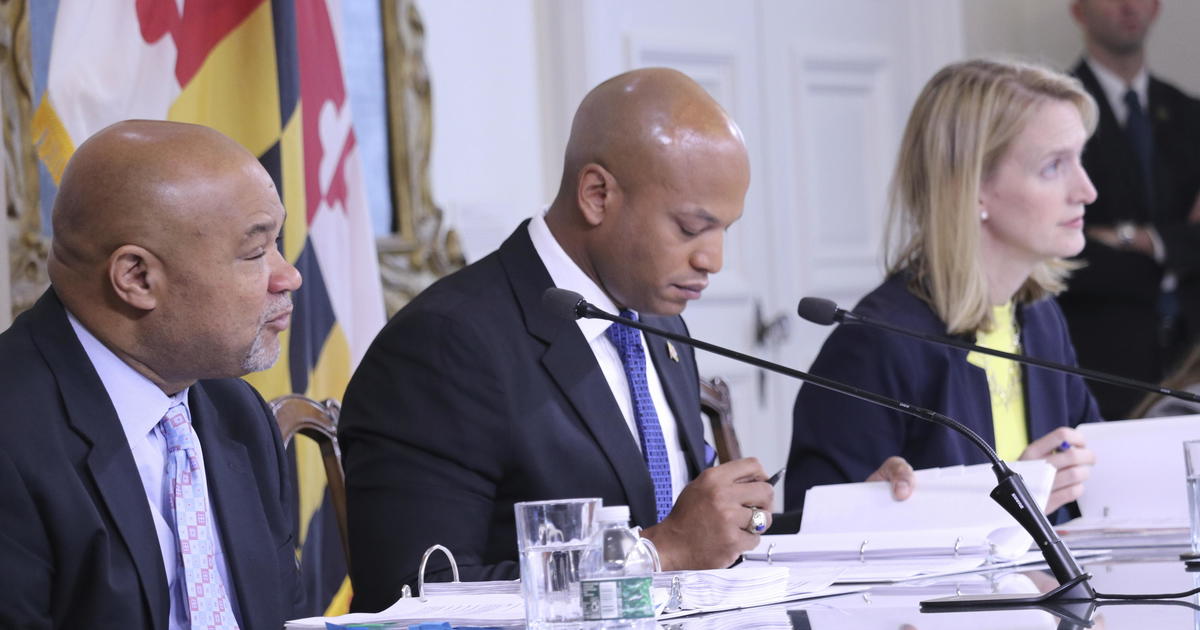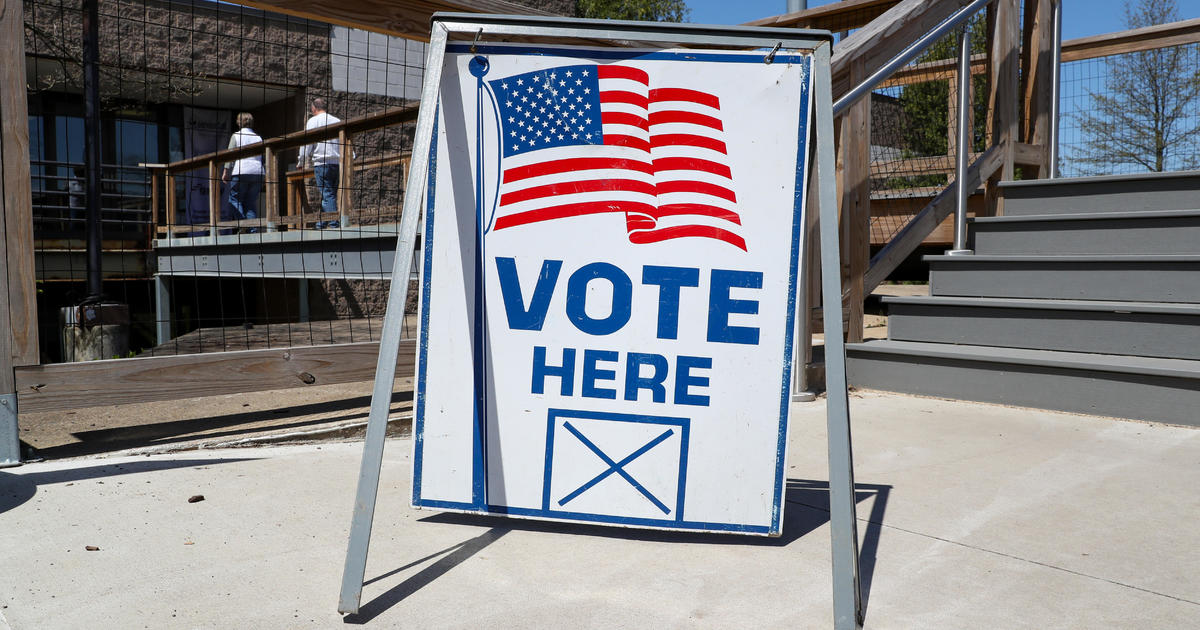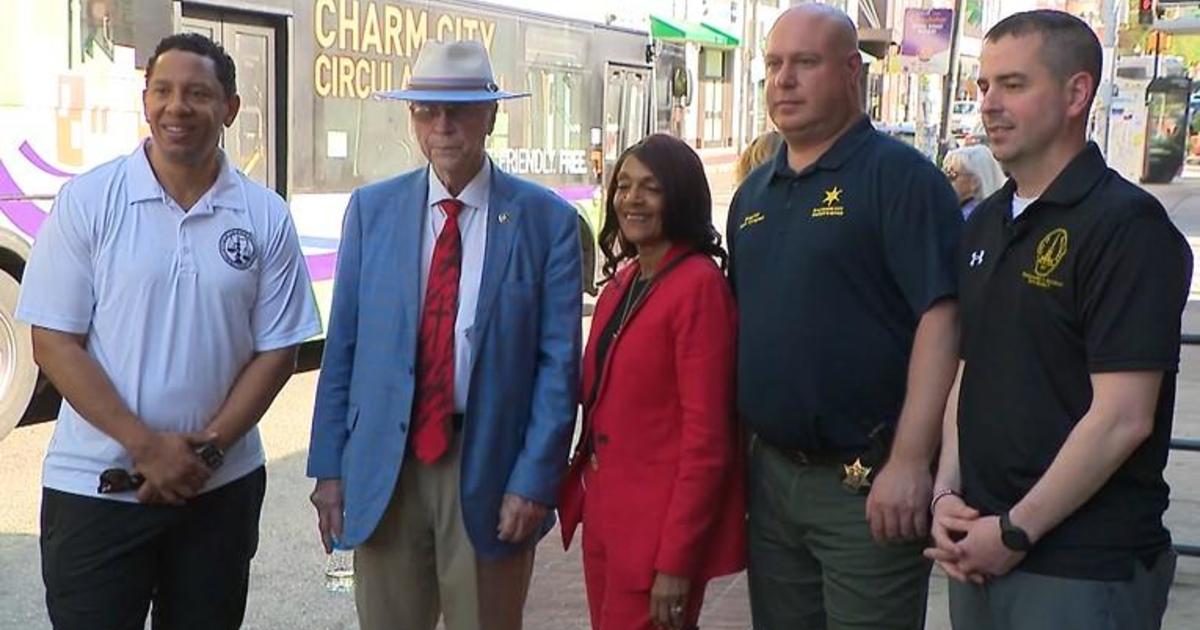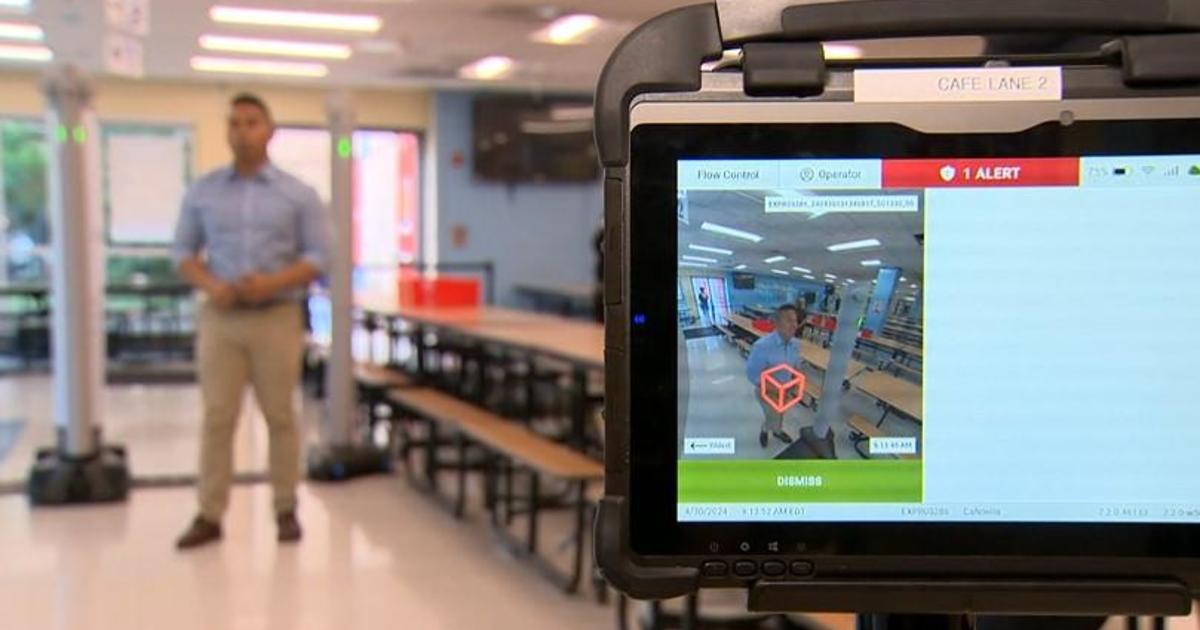Maryland lawmakers aim to improve accountability of state's juvenile justice system
BALTIMORE -- Maryland Gov. Wes Moore and legislative leaders announced on Wednesday a plan for improving the juvenile justice system in Maryland focusing on three concepts: accountability, rehabilitation and collaboration.
Back in November, two juvenile suspects—ages 12 and 14—allegedly assaulted a woman during an attempted carjacking near Patterson Park and were immediately released after police transported them to the Baltimore City Department of Juvenile Services.
"There's no consequences, so they're going to keep doing that, and it's really scary," the victim told WJZ following the attack.
In a letter to the Department of Juvenile Services following the incident local lawmakers, including State Senate President Bill Ferguson and Delegate Luke Clippinger, said the incident highlighted concerning breakdowns in the juvenile justice system.
"Collaboration that is missing in this system is unacceptable," Clippinger said during a press conference on Wednesday.
Ferguson noted that "the juvenile justice system in Maryland is not working optimally to provide the best outcomes for children and families."
Moore said this juvenile justice legislation centers around accountability.
"We need accountability when someone repeatedly violates the law, yes, but we also need accountability for the adults and the systems responsible for preventing and responding to those situations," Moore said.
Maryland law currently protects children under the age of 13 from being criminally charged. This legislation, however, would expand the jurisdiction of the Department of Juvenile Services to include kids under 13 for firearms-related offenses, car thefts, third-degree sexual offenses and animal abuse.
It would also decrease the department's timeline for making intake decisions, increase the possible length of probation for juveniles, and allow the court to extend probation for multiple unexcused absences from a rehabilitation program.
Additionally, it would require written documentation of youth taken into custody by police.
"What happens is, when police don't write a report, you lose that bit of the story if children come back and go into the system again and again," Clippinger said.
Lawmakers said there will be an emphasis on "meaningful" oversight and information sharing within the juvenile justice system.
"I'm talking about accountability both for those who commit a crime and also accountability for those who are taking care of our young people," Moore said.
Following the announcement, House and Senate Republicans released a statement calling the juvenile justice reform legislation "refreshing" and "encouraging."
"It is refreshing to see an acknowledgment that some of these recent juvenile justice reforms have gone too far," Maryland House Minority Leader Jason Buckel said. "Reinstating the Department of Juvenile Service's jurisdiction over 10 to 12-year-olds found in the possession of firearms is an issue we championed last year and continue to advocate for. We are encouraged to see our colleagues take up this issue and expand it to other serious crimes. It is our collective responsibility to do the best we can to keep our children and communities safe."
Maryland's lawmakers recognize that the issues plaguing the state's juvenile justice system are complex, Maryland Senate Minority Whip Justin Ready said.
"So many of the issues come down to accountability and consequences, and it is encouraging to see this as one of the main focuses of this legislation at the start," Ready said. " Accountability must remain a priority as this bill moves through the legislative process."
Not everyone shares that perspective, though. Maryland Public Defender Natasha Dartigue said in a statement that "it is alarming that leadership seeks to return Maryland to policies that failed for decades and theories which are disproved.
"A return to outdated 'tough on crime' measures will not make communities safer especially where the underlying causes of crime remain unaddressed," Dartigue said.
If passed, these reforms would go into effect on Oct. 1, 2024.



